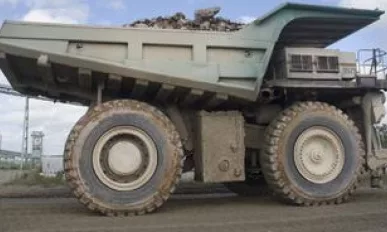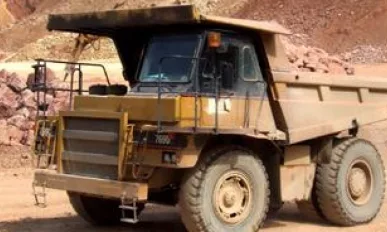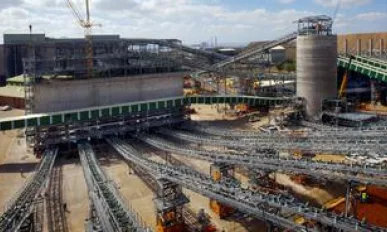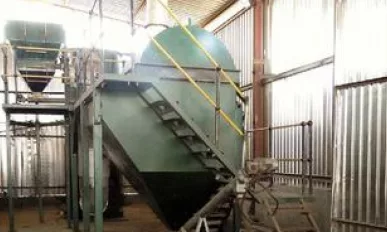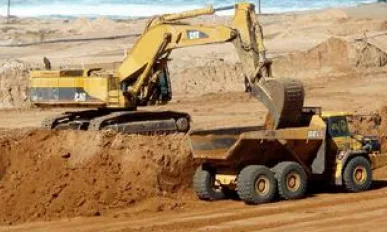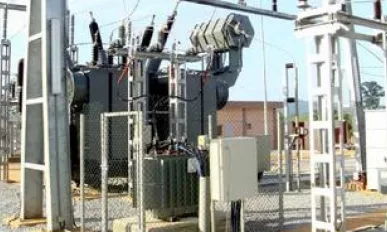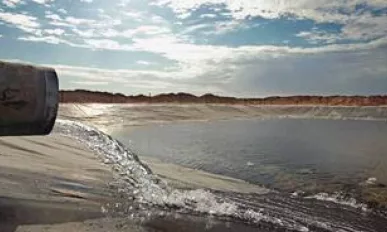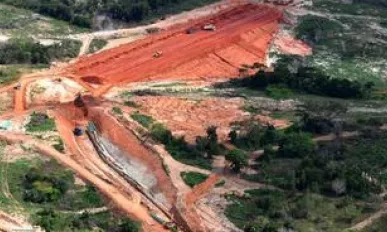Namibia Diamond Trading Company : The Pride of Zambia
Africa Outlook profiles Namibian diamond beneficiation company Namibia Diamond Trading Company (NDTC) and talks to Head of Sales and Marketing Brent Eiseb.
Foskor : Driving Operational Excellence
Africa Outlook profiles South African phosphates firm Foskor, one of the world’s largest producers of phosphate and phosphoric acid.
Kudumane Manganese Resources : A New Breed of Mine
Africa Outlook takes a look at the opening up of South Africa’s Kalahari manganese fields and Kudumane Manganese Resources’ R1.5 billion manganese mine.
Exxaro Resources : More Than Black Gold
Exxaro Resources is one of South Africa’s largest diversified resources groups with interests in coal, mineral sands, ferrous and energy markets
Lucara Diamond Corporation : A Diamond in the Rough
Southern Africa-focused gem producer Lucara Diamond Corporation has enjoyed a spectacularly good start to the year, its first special tender of large and exceptional diamonds sold for revenues totalling $24 million.
Goldplat : Profits, Not Gold
Africa Outlook talks to Goldplat plc CEO Russell Lamming, the man refocusing the AIM-listed firm.
DTC Botswana : A Cut Above the Rest
In 2011 De Beers and the Botswana government signed a ten-year agreement to move the London DTC to Botswana.
Billionaire Patrice Motsepe Pledges To Donate Half His Fortune
South African billionaire Patrice Motsepe, the founder and executive chairman of African Rainbow Minerals, has pledged to donate half of his fortune.
Paradigm Project Management : Paradigm Shift
Is South Africa losing its status as the gateway to Africa? Not if Gauteng-based multidisciplinary mining consultancy Paradigm Project Management is anything to go by. Africa Outlook talks to Jeremy Clarke.
Cardno BEC : Seeking Expansion into Africa
Africa is undergoing a period of unprecedented economic growth and this represents huge opportunity says Bruce Johnson, Area Manager/ Manager New Projects, Cardno BEC.
Swakop Uranium : The World’s Third Largest Uranium Deposit
Swakop Uranium has started developing the $2.5 billion Husab mine near Swakopmund, the third-largest known primary uranium deposit on the planet.
Base Titanium : Attracting Attention with Extraction
The sheer size and potential of Base Titanium Resources’ Kwale Mineral Sands Project in Kenya is impressive and it is tipped to be a “globally significant” producer, with a front-ended production profile over a 13-year mine life.




